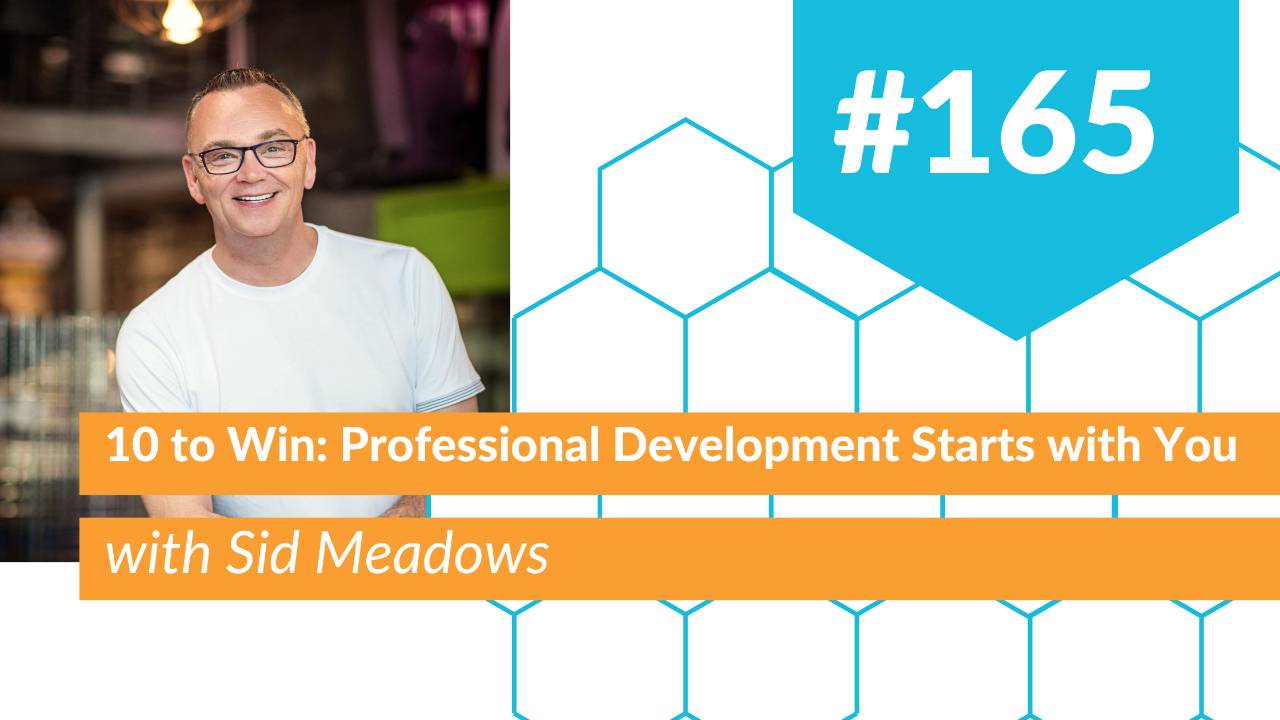The Best Investment You'll Ever Make Is in Yourself

Professional development is often misunderstood as something that happens to us rather than something we actively create. In today's fast-paced business environment, waiting for your company or manager to invest in your growth is a losing strategy. The truth, as highlighted in a recent Economic Times report, is striking: professionals who completed at least one certification or learning program in the past year received salary increases 2.5 times higher than those who didn't. The message couldn't be clearer – those who take control of their own development see tangible benefits in their careers.
When reflecting on my own journey, particularly in podcasting, I've experienced firsthand how self-directed learning can transform results. When I launched my podcast in 2020, I had no idea where to begin – from equipment needs to show structure and editing techniques. I started with free resources, such as YouTube tutorials, but quickly realized that to move beyond mediocrity, I needed to invest in myself. This meant taking specialized courses, joining communities of practice with other podcasters, and consistently seeking out learning opportunities. Six seasons and over 160 episodes later, the growth is evident, but the journey continues. Even now, I attend podcasting conferences and complete workshops on public speaking to strengthen my skills both behind the microphone and on stage.
The biggest challenge many professionals face isn't access to learning opportunities – it's translating knowledge into action. This phenomenon of "overconsumption" or what I call "overcontenting" has become increasingly common. We consume podcast after podcast, book after book, but never implement what we learn. To combat this, I've developed a simple five-step framework that anyone can use to maximize their professional development efforts. First, capture key takeaways immediately after learning experiences – don't trust your memory. Write them down in a journal, notebook, or digital app, highlighting what resonates with you the most. Second, prioritize what matters most by identifying which insights will have the greatest impact on your growth or business at this time. Circle the top one or two items – attempting everything simultaneously leads to accomplishing nothing.
The third step involves breaking your priorities into specific, actionable steps. For example, rather than setting a vague goal like "improve public speaking," create concrete actions such as "practice a five-minute talk weekly" or "join a Toastmasters group." Ideally, break each priority into no more than five simple actions – if you can't complete the task in five steps, it might be the wrong task for this moment. Fourth, schedule these actions and review your progress. Block time on your calendar each week specifically for working on your development goals, and set monthly reminders to track progress and make adjustments as needed. Treat these appointments with yourself as seriously as you would treat client meetings – they're investments in your future value.
The final step, which I strongly recommend, although it's technically optional, is to find an accountability partner. Share your goals with a trusted colleague, friend, or mentor who will regularly check in on your progress. This external accountability helps maintain consistency when motivation inevitably fluctuates. When you take ownership of your development in this structured way, you send a clear signal to yourself and others that you're serious about your future. As Warren Buffett famously said, "The best investment you'll ever make is in yourself." So ask yourself today: What skill have you been putting off learning? What resource could help you develop it? And most importantly, what action will you take this week to move forward? Your professional development starts with you – and your future depends on it.
